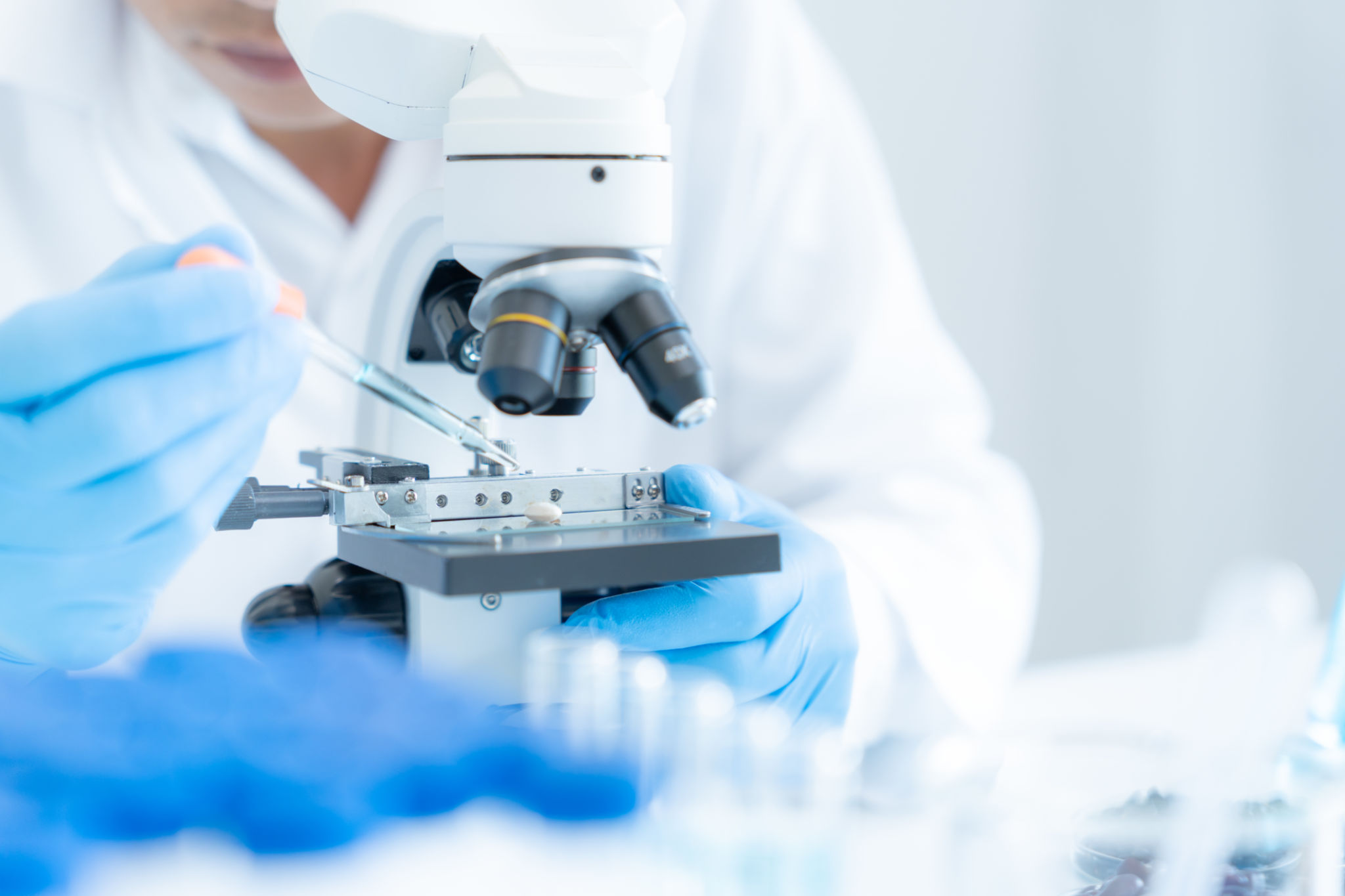Harnessing Biotechnology for Better Health: What You Need to Know
Understanding Biotechnology
Biotechnology is an exciting and rapidly evolving field that merges biology with technology to improve our lives and health. By harnessing living organisms and biological systems, biotechnology offers innovative solutions for medical challenges. This sector is not only expanding the frontiers of science but also significantly impacting healthcare delivery.
At its core, biotechnology involves manipulating biological systems for practical purposes, often involving the development of new drugs, therapies, and diagnostic tools. With the advancement of genetic engineering and molecular biology, biotechnology has opened new pathways in medical research and patient care.

Revolutionizing Medical Treatments
One of the most profound impacts of biotechnology is in the development of new medical treatments. By understanding the genetic basis of diseases, scientists can create targeted therapies that address the root cause rather than just the symptoms. This approach leads to more effective and personalized treatment options.
For instance, biotechnology has facilitated the growth of biologic drugs, which are derived from living cells. These drugs are being used to treat a range of conditions, from autoimmune diseases to various forms of cancer. The precision and specificity of these treatments often result in better outcomes for patients.

Gene Therapy
Gene therapy is another area where biotechnology is making significant strides. By correcting defective genes responsible for disease development, gene therapy holds the promise of curing genetic disorders. This approach has already shown success in treating conditions like certain types of blindness and severe combined immunodeficiency (SCID).
Although still in its nascent stages, gene therapy represents a revolutionary step forward in the treatment of inherited diseases. Ongoing research and clinical trials continue to expand its potential applications and improve its safety and efficacy.
Improving Diagnostics
Biotechnology is also transforming how diseases are diagnosed. Through advancements in diagnostic tools, healthcare professionals can detect diseases earlier and more accurately. This early detection is crucial for successful treatment outcomes, especially for conditions like cancer, where early intervention can significantly improve survival rates.
Techniques such as polymerase chain reaction (PCR) and next-generation sequencing (NGS) are enabling faster and more precise analysis of genetic material. These tools help in identifying genetic predispositions to diseases and in monitoring disease progression.

Personalized Medicine
The rise of personalized medicine is another noteworthy development driven by biotechnology. By tailoring medical treatment to the individual characteristics of each patient, personalized medicine ensures that patients receive the most effective therapies for their specific conditions.
This approach reduces the trial-and-error process in medication prescription, minimizing adverse effects and enhancing treatment efficacy. Personalized medicine is a prime example of how biotechnology is paving the way for a more individualized approach to healthcare.
The Future of Biotechnology in Health
Looking ahead, the potential applications of biotechnology in health are vast and varied. From regenerative medicine to synthetic biology, the future holds many exciting possibilities that could reshape our understanding and treatment of diseases.
Investments in research and development, along with supportive regulatory frameworks, will be crucial in advancing these technologies. As biotechnology continues to evolve, it promises to offer even more innovative solutions for better health outcomes worldwide.

